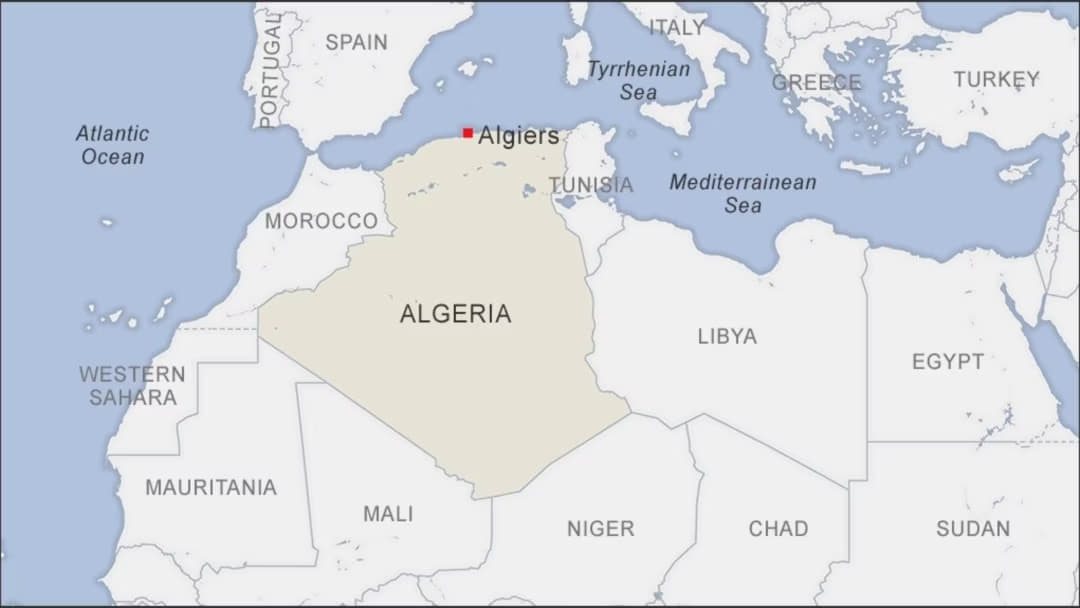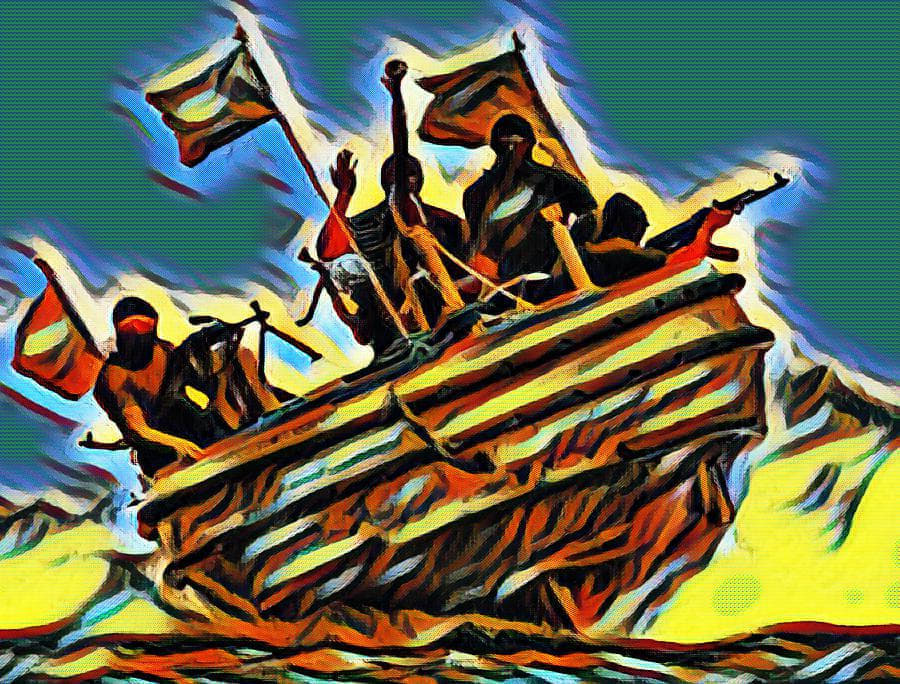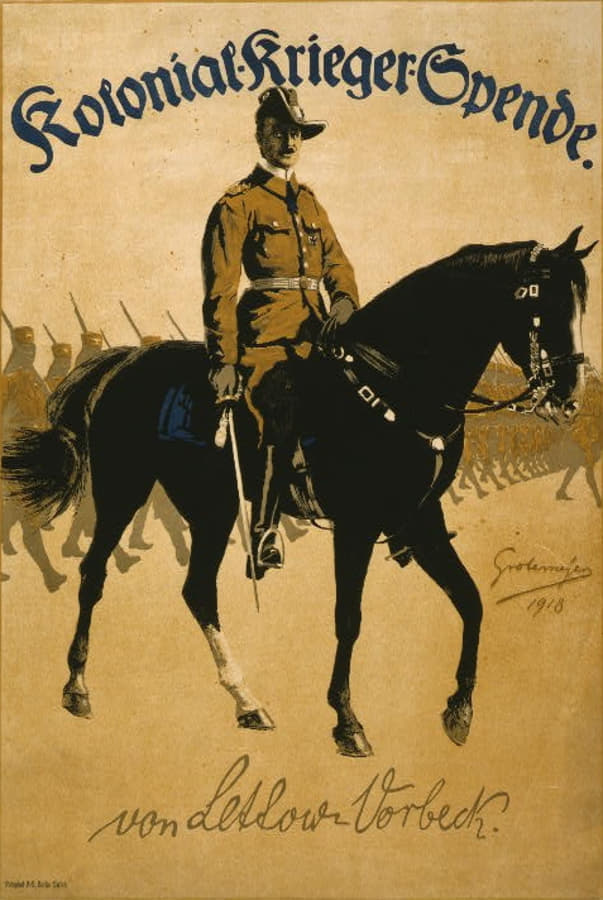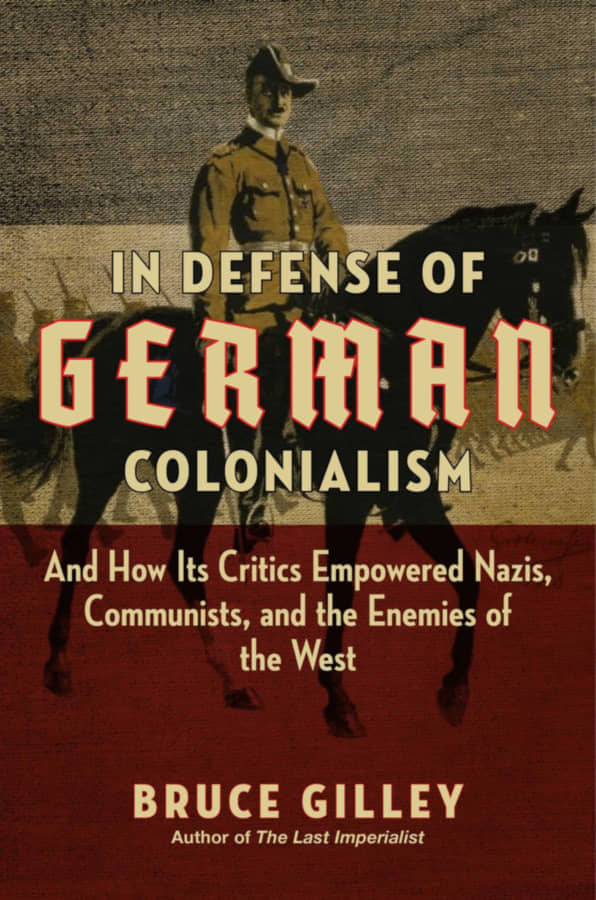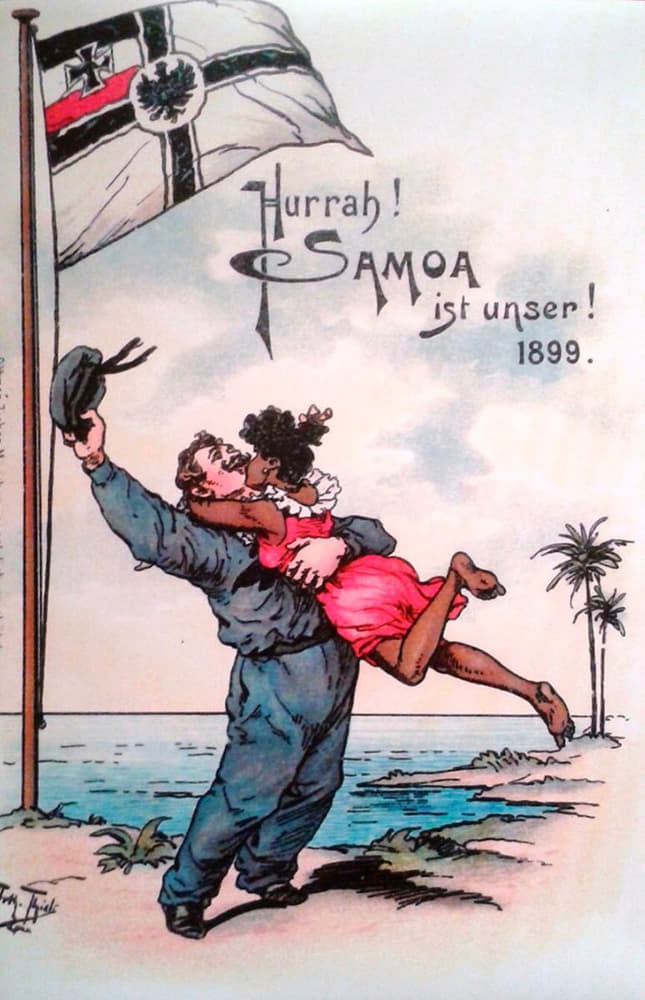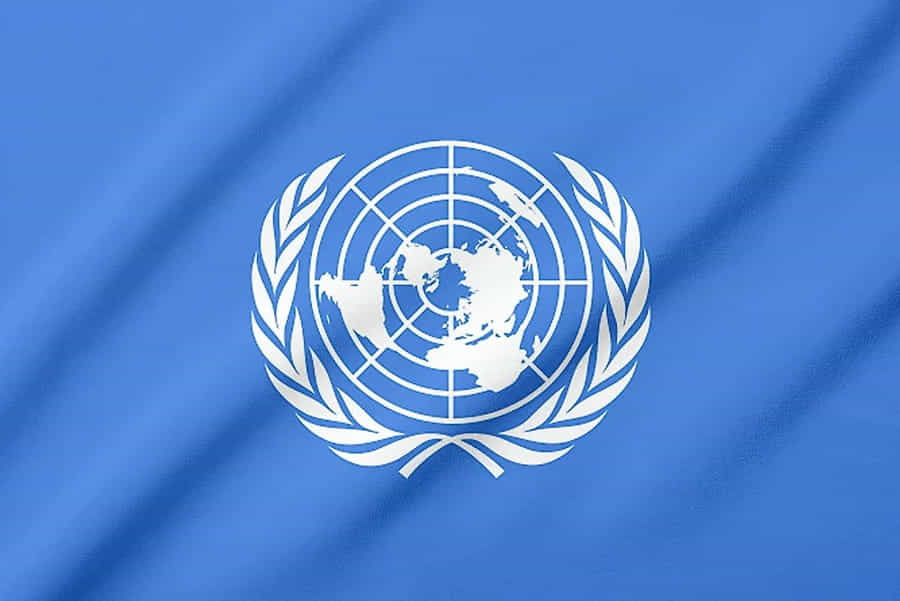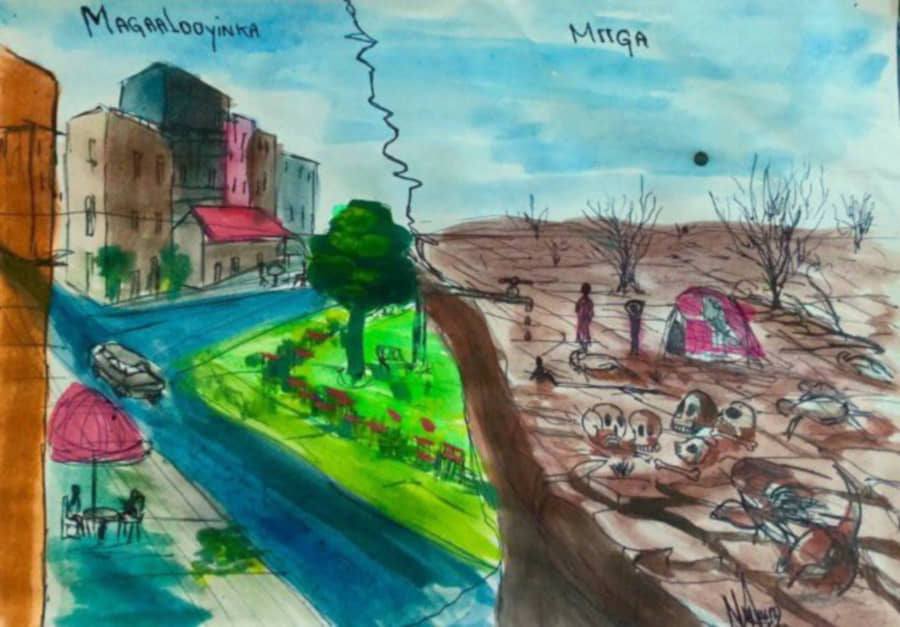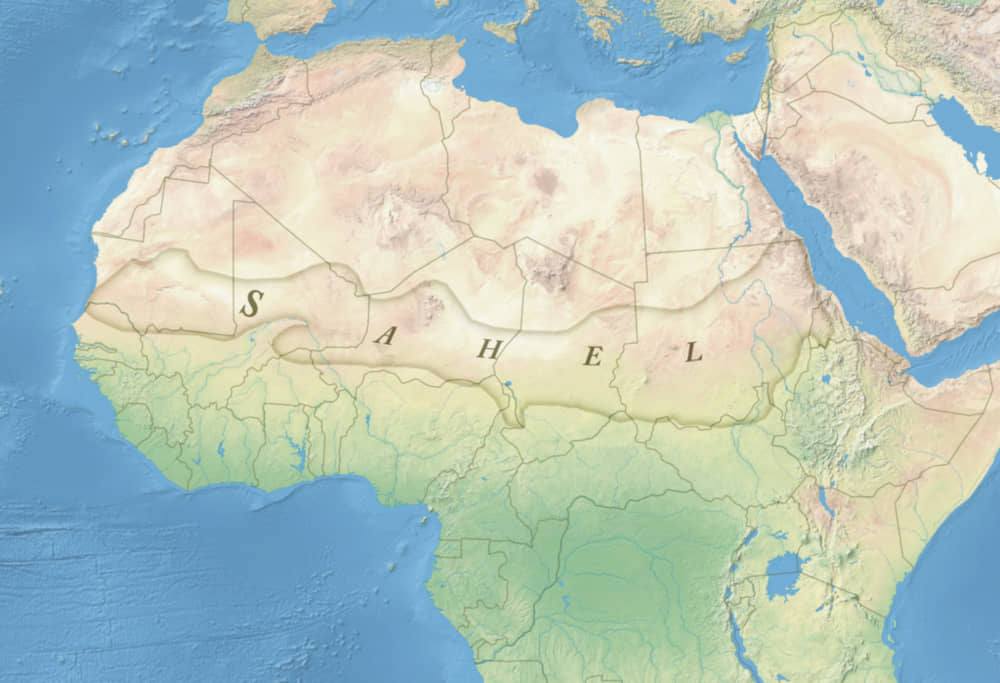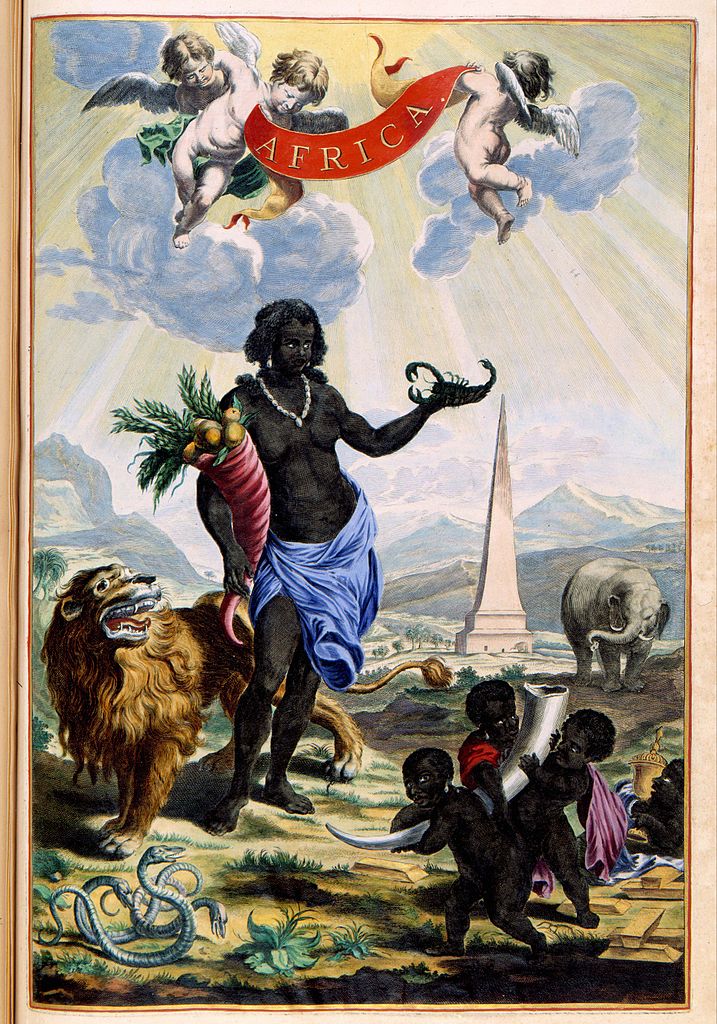The war in Ukraine continue to impact on many regions of the world. This is specially true in Northern Africa, where, aside from the old and established rivalries between the states of the area, there crisscross new trends, such as the increased need for new energy sources (far, not only geographically, from the flow coming from Russia), and the search for the influence of Moscow, Beijing, Brussels (NATO and EU), Washington, Paris, Rome, Ankara and others.
Algeria, a baricentric country, is involved in a complex action of positioning, faithful to firm principles of non-alignment and anti-colonial sentiments, in a changing international context.
The growing influence of this North African country increases its attention to the eyes of USA, NATO, the EU and other states, as well as being a reason for vigilance by consolidated partners, such as Russia (since 1962, the year of independence, the USSR) and China. All this, as the 2022 energy crisis gave this nation a boost of wealth and political clout in the region.
This attention is not without pressures. In fact, in September, some members of the US Congress invoked the 2017 CAATSA (Countering America’s Adversaries Through Sanctions Act), asking for the imposition of sanctions against Algeria for purchases of arms from Russia. This appeal followed that made by Republican Senator Marco Rubio in a letter to Secretary of State Antony Blinken. Marco Rubio is known for being very close to Morocco, Algiers’ historical adversary, and for his support that Rabat’s sovereignty claims over Western Sahara, whose pro-independence cause is instead defended by Algeria.
While the Spanish MEP Susana Solís Pérez, of the Renew Europe group, in early February asked the European Commission if it continued to consider Algeria a reliable partner in terms of energy supply and asked the European institution if it was evaluating the possibility that Algeria “acts at Russia’s request to aggravate the energy crisis” and warned against the use of gas by Algeria as a “political weapon” against the interests of Spain, Portugal and especially Morocco, considered as a “strategic partner” (in the light of recent developments, like Qatargate and Moroccogate, such declarations, especially from European elected officials, should invite in-depth reflections about the real meaning of ‘lobbying’).
Since the days of the Cold War, Algeria has remained outside the orbit of the West; close (but never enslaved, as some say, poor in knowledge but rich in bad faith) to Moscow, while favoring national liberation movements; and this pitted it against its western neighbour, which instead supported the dictatorial government of Mobutu in Kinshasa and the racist one in South Africa (violating the arms embargo declared by the UN, by buying, for example, among the few in the world, 6×6 wheeled protected infantry vehicles “Ratel”). However, it must be added that the common understanding about Morocco, described as always aligned with the West, is of a showy oscillation (which began with Hassan II, the father of the current king), with the most recent trips to both Moscow and Beijing, made by King Mohammed VI. This was becuase of, in the eyes of Rabat, the tepid Western support for Mohammad’s territorial claims on the former Spanish colony of Western Sahara, considered by the UN General Assembly as part of the non-self-governed territories (colonies, in other words), which today number seventeen.
The persistent tension with Morocco, which attacked Algeria in 1963 (Algiers had just achieved independence from france, after a terrible war of independence that began in 1954 and ended in 1962) to attempt to annex western areas of the neighboring country, claiming their re-appropriation for unjust borders inherited from the colonial era—which led Algiers to set up a massive military apparatus, financed by its enormous energy resources, purchasing in full and for many years, its equipment from the Soviet Union and, since 1991 , from Russia, Belarus, Ukraine, China, with occasional and ready presence of Western weapons systems in the bid to acquire substrategic weapons.
Thus, between 2014 and 2017, Algeria activated 4 regiments of the “Iskander” E surface-to-surface missile system (each missile regiment is made up of over 50 vehicles and 48 missiles: 12 launch vehicles, 12 missile carriers and loaders, 11 command control vehicles and other logistic and support vehicles). This equipment has significantly strengthened Algeria’s regional prominence in the volatile Middle East and North Africa.
This situation has progressively changed in the last ten years, with an increased presence of Chinese, but also German (wheeled Armoured Infantry Combat Veichles TPZ “Fuchs”), Italian (helicopters and a large amphibious assault unit and other systems lined up), aling with Moscow-based equipment.
This situation of tensions with Morocco has been accompanied by a generalized worsening of the security situation for Algiers, starting with the Libyan crisis, the vulnerabilities in Tunisia, Mali and Niger, and ending with the Turkish, Qatari, Emirates, Saudi, Israeli and Iranian diplomatic (and not only) intrusions in the region, and increased activity of NATO (with which Algeria also collaborates in the framework of the Mediterranean Dialogue since 2000).
With this in mind, on 22 November 2022, the National People’s Congress (the lower house) adopted the finance bill for the year 2023 by a majority in the plenary session. The text of the of the bill includes a series of provisions concerning, inter alia, measures regarding investments, taxation, purchasing power, etc. But the flagship of these new measures is undoubtedly that which concerns the national defense budget, which provides for the allocation for defense a total amount of 3,186 billion dinars, (or more than 22 billion dollars). A military budget more than double compared to last year which amounted to 1,300 billion dinars (9 billion dollars). In numerical terms, the budget of the National People’s Army (which includes the three principal services, but also the national gendarmerie and the coast guard) for the year 2023 will increase by 1.886 billion dinars, or almost 13 billion dollars. This represents a 145% increase. This unprecedented reassessment of the defense budget was made possible by the sharp increase in oil export revenues in 2022. “The increase in hydrocarbon prices is helping to strengthen the recovery of the Algerian economy after the shock of the pandemic. The windfall revenues from hydrocarbons have eased pressure on public and external finances,” stated the latest IMF report.
To some extent, the reasons for this increase have been outlined above. But there are others, such as the need to update the weapon systems purchased during the great 2007 agreement with Russia, and the desire to acquire new ones, in particular for combat aircraft (Sukhoi Su-75 “Checkmate”), submarines (with the expansion of the number of exisiting “Kilo” class submarines with new ones, capable of launching the “Kalibir” cruise missiles and updating others in service), and anti-aircraft defense systems (with additional S-400 “Triumf” and the brand new S-500 “Prometheus”), with an eye to the challenging reinforcement of the Moroccan Air Force (which is expanding its fleet of F-16s in service and upgrading those already in service to the 70/72 standard). Much of the Algerian arsenal does require a mid-life overhaul, but it remains to be seen whether Russian firms, involved in the support of the quagmire in Ukraine, will be able to comply with any Algerian demands, both for modernization and for new systems.
But there are also other reasons for the increase in the defense budget, such as the revaluation of the pensions of retired military and paramilitary personnel.
In the context of the new constitution of 2020, which has opened the door to the possibility of operating with its armed forces abroad (reversing a basic concept of the Algerian political and constitutional discourse), there is the growing involvement of the Algerian armed forces in the Sahel, through collaboration with neighboring armed forces, such as Niger and Mali; and it is believed that Algeria is gradually moving towards creating a sort of permanent aid scheme to the Nyamey armed forces to deal with the phenomenon of Islamic terrorism, while trying to reduce the French influence in its “southern flank” and the revitalization of the CEMOC (Comité d’Etat-Major Opérationnel Conjoint), an Algerian-led multinational command, based in Tamanrasset and which includes delegates from Mauritania, Niger, Mali. CEMOC’s Algerian chairmanship meeting of last October was personally chaired by President Abdelmajid Tebboune. Furthermore, security issues in the Mediterranean represent a major challenge for the Algerian authorities, especially after the recent, further deterioration of relations with neighboring Morocco due to the profound disagreements on the issue of the Western Sahara and the diplomatic and military rapprochement between Rabat and Israel. This event, in August 2021, led Algeria to severe diplomatic relations with Morocco and close the airspace to flights by Moroccan airlines and/or other companies originating from, or going to, Morocco.
But Algeria, in its new dynamic of international relations, is in talks with China to acquire the new short-range ballistic missile system (SRBM) SY-400. To do this, an Algerian delegation travelled to NORINCO (North Industries Group Corporation) at the Zhuhai Airshow 2022 last November. The purchase of the SY-400 SRBM will integrate the Russian-made “Iskander” E ballistic missile system and China’s YJ-12B anti-ship cruise missiles (a 2014 Pentagon report calls the YJ-12 the “most lethal anti-ship missile that China has ever made”).
The Algerian Ministry of Defense initially planned to acquire a coastal battery of Russian anti-ship missiles (3K55 “Bastion”), but then chose the YJ-12B, which completed the deployment of another hypersonic cruise missile of Chinese manufacture, the ASCM CX-1, which the Algerian Navy acquired in 2022, after more than 10 years of negotiations.
Algerian diversification is not just military. In fact, Algiers has signed a new five-year strategic agreement with China to deepen its bilateral relationship in all areas, strengthening economic ties, already strong, but expanding further, such as the opening and exploitation of a huge iron mine in the Tindouf area (Der Djebilet).
The Gray Area
However, some changes have recently taken place which require reflections on the future international and regional position of Algeria.
Despite the pressure and numerous high-level visits by Russian delegations, which intensified after the aggression against Ukraine, Algeria seems to be progressively distancing itself from Moscow. In fact, the Algerian defense ministry suddenly canceled the joint military maneuvers planned in November at Hammaguir, in the province of Béchar, about 50 kilometers from the border with Morocco. The anti-terrorism exercise (sic) of the special forces of the two countries, in which about 80 Russian soldiers were supposed to participate, was named “Desert Shield.” The exercise was announced last April 5, by the HQ of the Southern Military Rrgion of the Russian Army, after a first joint preparatory meeting held between staff officers of the two countries in Vladikavkaz (North Ossetia, the same area where between September and October 2021, an Algerian unit took part in an exercise with Russian troops). The Algerian Ministry of Defense has not confirmed, but has not denied, this announcement, but it is being widely reported by the Algerian and foreign press. A sober statement read on ENTV public television channel announced the cancellation, without further explanation.
The cancellation of the maneuver has stunned the Moroccan press and those close to it (such as the once prestigious Jeune Afrique, which is allegedly part of a financial holding owned by the Moroccan royal family) who tried to sell the story that Rabat, due to its proximity to the West and for having hosted the much larger “Africa Lion” exercise in the summer of 2022 (a US-led maneuver that has been taking place since 2004) in southern Morocco, was threatened by Russia and Algeria and, for this commitment, the whole of the West must accept Morocco’s claims (and annexation) of Western Sahara, ban Algiers once and for all from the international community, force it to stop supporting POLISARIO, and accept the condition of inferiority vis-à-vis Rabat.
Another indication of the possible distancing of Algiers from Moscow could be the cancelation of Algerian President Abdelmajid Tebboune’s official visit to Moscow, which would have deepened the “strategic relationship” between the two countries. Originally scheduled for July this year, the trip was reportedly postponed. The Russian ambassador to Algeria, Valerian Shuvaev (recently transferred from Rabat) told the Russian news agency Sputnik that Tebboune would visit Moscow by the end of the year; according to unofficial Algerian sources, this visit was postponed without providing new dates. The ineffectiveness of the Russian army and its weapon systems, the evident weakening of the Kremlin as a political ally and the EU’s insistence on strengthening energy ties with Algeria could be among the reasons that pushed President Tebboune to a new dynamic, even if there are large gray areas (and difficult choices) in Algerian security policy (foreign and defense, but not only).
On November 7, Leila Zerrouki, Algerian high representative in charge of partnership with international organizations (former magistrate and deputy special representative of the UN Secretary-General for MONUSCO [peacekeeping mission in the Democratic Republic of the Congo]) announced that Algiers had requested the joining BRICS, an trade organization formed by China, India, Russia, Brazil and South Africa. Within this club, which also has aspirations of becoming a full-fledged international organization, Russia is, for now, the one that has the most ties with Algiers (but there is also China, which is growing rapidly). Perhaps for this reason it was the deputy Foreign Minister of Moscow, Mikhail Bogdanov, a highly experienced and capable diplomat, specialist in the Arab world, who publicly welcomed Zerrouki.
But a gray area remains, confirming Algerian prudence. In fact, interviewed by the prestigious newspaper Le Figaro, President Tebboune (in addition to announcing a state visit to France in 2023), expressed an opinion on the presence of Wagner’s Russian mercenaries in the Sahel, saying: “The money for costs this presence would be better spent and more useful in developing the Sahel.” And regarding his relations with Vladimir Putin he said: “I can only say that I will soon go to Russia. I do not approve or condemn the Russian operation in Ukraine. Algeria is a non-aligned country and I want to respect this philosophy. No one will ever be able to turn Algeria into its satellite. Our country was born to be free. Furthermore, it would be good if the UN did not just condemn the annexations that are taking place in Europe. What about Israel’s annexation of the Golan Heights or Morocco’s annexation of Western Sahara?”
As mentioned above, the initiative of the pro-Moroccan US deputy Marco Rubio (and of 26 others elected with him), is supervised by Algiers, although aware that the CAATSA is a highly politically-motivated tool, which Washington sometime waves, as needed, to put pressure on other states, but which the US sometimes does not find convenient to use. For example, it had been pushed forward with India; but New Dehli, which Washington would like to involve more closely in its strategy of containment of Beijing and Moscow in the Indo-Pacific, did not care for it; and also due to Indian uncertainties on the dubious effectiveness of the S-400s and the serious Russian delays in the delivery of the promised systems (India had signed a huge contract with Russia in late 2021). And do, Washington silenced the threat of sanctions.
US Ambassador to Algiers Elisabeth Moore Aubin revealed, however, that she has asked Algerian authorities to reduce their imports of Russian arms, adding at the same time, Algeria is a strategic partner for Washington and that she has “advised partners who buy weapons from Moscow to diversify their suppliers with non-Russian suppliers,” and to have had assurances to this effect. The US diplomat’s conciliatory language can be explained (in part) because now that the French military has withdrawn from Mali, the United States needs a solid militarily partner, like Algeria, in the fight against jihadist groups destabilizing the Sahel.
Even if Algeria seems to be cooling its ties with Russia, its armed forces, the second-largest in Africa after those of Egypt, possess such quantities of weapons manufactured in that country that should keep the maintenance and training contracts signed with its military industry for several years.
But the growing difficulties of the Russian defense industry represent a further threat to the military capacity of Algiers, which risks finding itself in a short time with a huge mass of unusable materials.
All these options represent serious unknowns for Algiers, impacting on its security policy choices, more for operational, training and logistical reasons than merely financial, given that at the end of 2022, Algeria had over $60 billion in financial reserves and has no foreign debt.
Against the backdrop of tensions with its Western-aligned North African neighbor, Algiers has emerged in 2022 as a renewed regional player whose importance extends beyond the region. As the global energy crisis continues amid the West’s standoff with Russia in Ukraine, Algeria in the first five months of this year alone, has seen its energy revenue grow by more than 70%, to a total of 21.5 billion dollars.
This comes after a long period in which Algiers closed in on itself due to the institutional standoff that hit the country when in 2013 a cardiovascular attack seriously damaged the health of President Abdelaziz Boutefllika, who took office in 1999 (he was forced to resign in April 2019 and died in September 2021). Since 2013, the ruling group around Bouteflika, has worked to maintain its power. This standoff has left plenty of room for Morocco which has objectively strengthened its regional and international position with respect to the Western Sahara question, called the “national cause” and, much less prosaically, the prism through which Rabat sees and interprets all its policies, including cultural and sporting ones, both at home and abroad.
The long and painful parenthesis of Bouteflika’s lengthy illness, which formally ended with the election of Abdelmajiid Tebboune to the presidency in the summer of 2019, were signs that the armed forces, the pillar of the country policy-making, have resumed the previous situation.
Today, tensions are simmering again between the North African leaderships due to the emergence of new dynamics, especially since Morocco has decided to normalize (only officially, given that the confidential ones have been solid since the 1960s) ties with Israel due to pressure from the administration of then outgoing US President Donald Trump. This normalization is perceived by Algiers as a threat to its national security (while for Morocco it is a kind of insurance) and is intertwined with an arms race, which has existed for some time, but which has developed further since 2015.
Along with ongoing attempts to make the most of new economic advantages at the national level, Algiers also seems determined to have its own impact on regional affairs. As the nation has severed ties with neighboring Morocco, in part due to ties to Israeli intelligence and military influence, as well as support, according to press sources not just verbal, Moroccan support for the Berberophone separatist groups of Kabylia and radical Islamist movements, such as Rachad.
Algeria, the third largest gas supplier in Europe, has attracted considerable interest this year, now becoming the first energy supplier for Italy, as military ties also appear to be intensifying.
While it has to keep a careful balance, both regionally and internationally, Algeria has emerged this year as a key player in Africa, the Middle East and beyond. It forced President Emmanuel Macron to change estbalished and hostile French rhetoric against Algiers and turn the page on the unresolved post-colonial and memorial issue, and paved the way for the abandonment of French in the national education system and the choice to adopt the English language instead, further eroding the influence of France.
Another major issue: Algiers is very involved in Palestinian reconciliation, hosting a series of meetings between rival factions Hamas and Fatah in order to bridge their differences and develop a platform from which to support the joint Palestinian political initiative . This was also a central theme at the Arab League summit last November, when Algeria attempted to strengthen its position at the regional level by hosting the meeting, thereby taking away space from Morocco, which through the role played by the king, president of the Al Qods Committee (Jerusalem) set up by the Organization of the Islamic Conference, had tried to increase his influence within the Muslim community, in view of the role that Jerusalem plays for it. However, the official normalization (the concrete, but clandestine one that has existed for decades) of relations with Israel has deeply irritated Moroccan public opinion, which, although not anti-Semitic, is strongly pro-Palestinian, creating embarrassment, beyond the self-congratulations typical of the official narrative, for the institutions of Rabat.
Enrico Magnani, PhD is a UN officer who specializes in military history, politico-military affairs, peacekeeping and stability operations. (The opinions expressed by the author do not necessarily reflect those of the United Nations).
